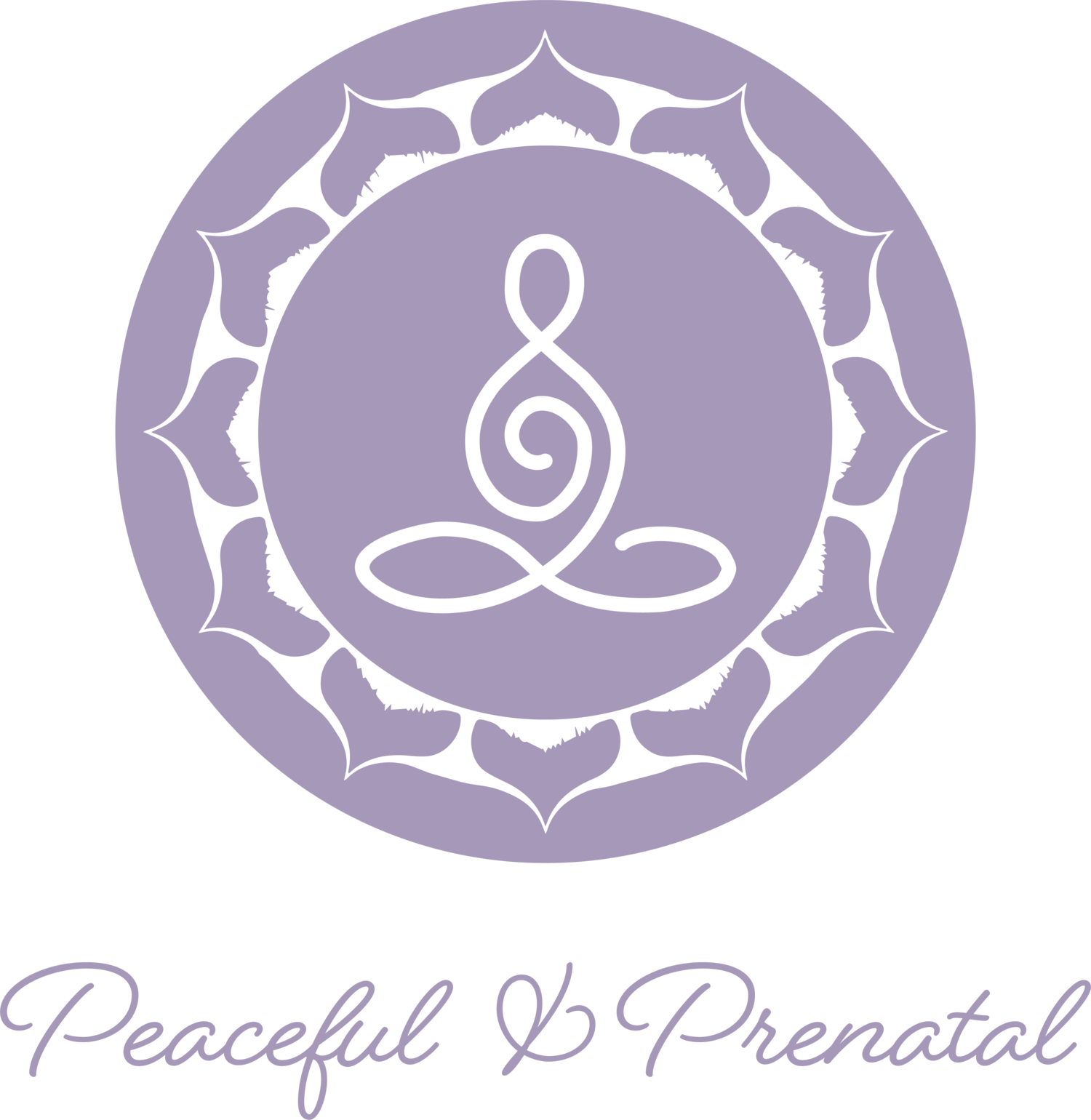Balancing Hormones Through Yoga
Motherhood is a beautiful and transformative journey, and it also brings immense physical and emotional changes—many of which are directly tied to hormonal shifts. From the rollercoaster of postpartum hormones to the fluctuations that continue through different stages of motherhood, these changes impact everything from mood to metabolism, energy levels, and emotional well-being. Thankfully, yoga offers a powerful and holistic way to restore balance. When paired with community support, yoga becomes even more impactful in regulating hormones and helping moms, like you, feel their best.
Understanding Postpartum Hormones
Hormones play a huge role in every stage of motherhood, affecting everything from mood and energy levels to overall well-being. And let’s be honest—those shifts can feel like a rollercoaster, especially during the postpartum period! But when you understand what’s happening in your body, it’s easier to navigate the ups and downs with a little more patience and self-care.
The postpartum period is marked by dramatic hormonal changes. Estrogen and progesterone, which were at their peak during pregnancy, plummet right after birth. At the same time, oxytocin (the love hormone) surges, promoting bonding with the baby but also leading to heightened emotions. Cortisol, the stress hormone, can also increase due to sleep deprivation, breastfeeding challenges, and adjusting to new responsibilities. This hormonal cocktail can leave moms feeling overwhelmed, anxious, or depleted - sound familiar?
Other stages of motherhood also come with hormonal shifts, whether it's the return of menstruation, weaning from breastfeeding, or even the perimenopausal transition. Regardless of the stage, maintaining hormonal balance is key to overall health and well-being. How can you start finding that balance?
How Yoga Supports Hormonal Balance
Yoga is a gentle yet powerful practice that influences the endocrine system—the collection of glands that produce hormones. Through specific postures, breathing techniques, and mindfulness, yoga helps regulate key hormones in the body.
1. Reduces Stress and Lowers Cortisol
Chronic stress is one of the biggest disruptors of hormonal balance. Yoga, particularly restorative poses and deep breathing techniques, activates the parasympathetic nervous system, reducing cortisol levels. Poses such as child’s pose, legs up the wall, and reclined butterfly help calm the nervous system and promote peace.
2. Boosts Oxytocin and Serotonin
Practicing yoga, especially in a group setting, can increase oxytocin—the hormone associated with bonding and emotional connection. Additionally, the mindfulness aspect of yoga encourages the production of serotonin, a neurotransmitter that helps stabilize your mood.
3. Supports Thyroid Health
The thyroid gland plays a crucial role in regulating metabolism, energy levels, and mood. Postpartum thyroid imbalances are common, affecting up to 10% of new mothers. Specific yoga poses, like bridge pose, stimulate the thyroid and help regulate its function. When your hips are higher than your heart, it helps to circulate the flow of your blood towards your glands. While this is a great start, if you feel like your thyroid is not functioning optimally, I’d suggest reaching out to your OB/midwife and expressing this concern.
4. Encourages Endorphin Release
Moving through yoga flows, particularly gentle hatha (combining breath + movement) or stretching sequences, encourages the release of endorphins, the body’s natural feel-good hormones. This helps boost energy, improve sleep quality, and enhance overall emotional well-being. If you attended a prenatal yoga class, think about your level of tired at the beginning, and the difference you felt in your energy at the end of class.
The Power of Community in Hormonal Health
While yoga is incredibly beneficial on its own, combining it with social connection and community amplifies its effects. Science backs up the idea that meaningful social interactions help regulate hormones. When moms connect, share experiences, and feel supported, their bodies respond positively.
Reduces Cortisol and Increases Oxytocin Engaging in conversations, laughing, and sharing struggles with other moms reduces stress hormones and increases oxytocin. This is why postpartum support through mom-friendly yoga classes is so valuable.
Boosts Serotonin and Dopamine Feeling connected and validated by others naturally increases serotonin and dopamine, improving mood and reducing feelings of loneliness or postpartum anxiety. I love seeing the head nods of solidarity and witness the collective understanding of what it means to hold space for someone else.
Encourages Accountability and Self-Care Being part of a yoga community motivates moms to prioritize self-care. Having a supportive network ensures that moms show up for themselves and stay committed to their health and well-being. Do you want to know secret sauce of our postpartum yoga classes? Babies can come with you so you don’t have to pick between nourishing your body and childcare!
Simple Yoga and Community Practices for Hormone Balance
It’s not all or nothing, it’s all or something.
Join our yoga classes Whether you choose to come weekly or take advantage of our monthly Sunday offerings, you’ll get to experience the feeling of yoga + community nourishing you from the inside, out.
Take yoga postures at home The next time you need to respond to emails or catch up on your texts, try doing it with legs up the wall or in a reclined butterfly pose.
Prioritize social connection: Even a simple coffee date with a mom you met in class can boost oxytocin and serotonin.
Deepen your breathwork That’s right, this is a tool that also benefits your children! Deep breathing taps into our nervous system and can help your little yogis regain clarity while feeling big emotions.





